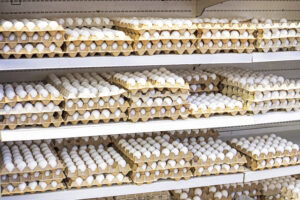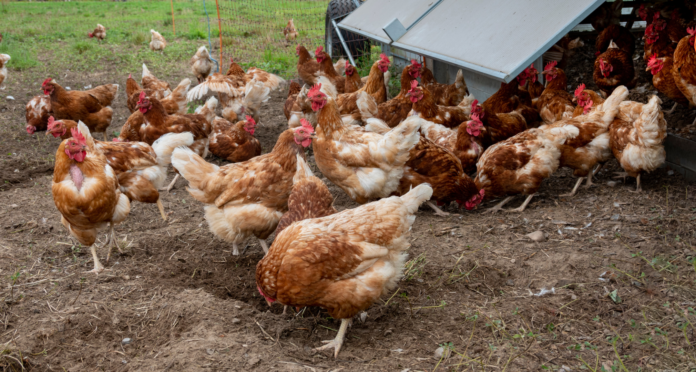Kuala Lumpur, 19 December 2024—The Food Purveyor, the country’s leading premium grocery retailer, won praise today from international NGO Lever Foundation for its new goal of selling 100% cage-free eggs nationwide by 2035. This move, part of the company’s broader ESG goals, further establishes The Food Purveyor as a leader in Asia’s premium retail sector when it comes to prioritizing ethical sourcing, animal welfare and sustainability.
“At The Food Purveyor, we collaborate closely with suppliers to promote ethical sourcing practices within our supply chain, exemplified by our aspiration to achieve a 100% cage-free egg assortment by 2035,” The Food Purveyor noted in a new statement posted on its website last week.

“The Food Purveyor’s new goal on this important issue showcases a remarkable commitment to ethical food sourcing,” said Vilosha Sivaraman, Sustainability Program Manager at Lever Foundation, which is collaborating with The Food Purveyor on the issue. “By prioritizing food safety, product quality and animal welfare, the company demonstrates true leadership in sustainable sourcing. Today’s consumers are demanding more from food brands, and The Food Purveyor is responding with a thoughtful, comprehensive approach that sets a new standard for responsible retail.”
Cage-free egg production, in which hens are given the freedom to move in open indoor environments, improves animal welfare and significantly lowers food safety risks compared to caged egg production. Exhaustive research by the European Food Safety Authority found that cage-free egg farms are up to 25 times less likely to be contaminated with key strains of salmonella than caged egg farms. The production of caged eggs has been banned across Europe, as well as in the United Kingdom, Canada, New Zealand, Bhutan and parts of India, Australia and the United States. An increasing number of consumers have also been leaving eggs off their plate as the best way to help laying hens.

A recent survey carried out by leading Asia research agency GMO Research found that 77 percent of Malaysians believe food companies should source only cage-free eggs, and nearly 60 percent are more inclined to patronize brands that commit to doing so. As a result, in recent years, a growing list of food companies in the country have committed to sourcing only cage-free eggs.
